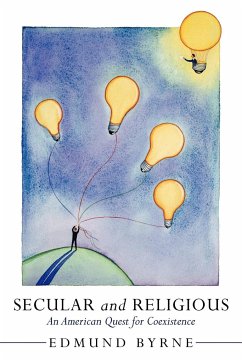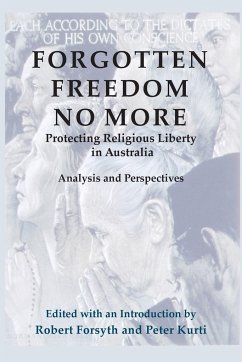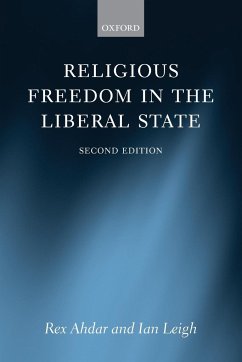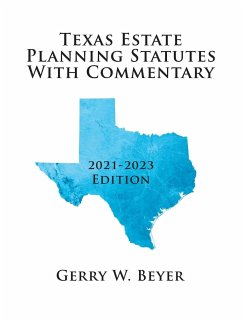
Secular and Religious
An American Quest for Coexistence
Versandkostenfrei!
Versandfertig in 1-2 Wochen
14,99 €
inkl. MwSt.

PAYBACK Punkte
7 °P sammeln!
In the United States, separation of church and state is maintained to avoid religion-centered controversy. In recent decades, though, a politically active religious right has sought to return government to what they claim are its Christian origins. By contrast, many American philosophers favor an unwavering secularism to keep church and state duly separate. Byrne responds in this book by seeking a more nuanced and open-ended relationship between religious groups and secular processes. Granting there have been religion-based excesses in the United States, he qualifies their significance by remi...
In the United States, separation of church and state is maintained to avoid religion-centered controversy. In recent decades, though, a politically active religious right has sought to return government to what they claim are its Christian origins. By contrast, many American philosophers favor an unwavering secularism to keep church and state duly separate. Byrne responds in this book by seeking a more nuanced and open-ended relationship between religious groups and secular processes. Granting there have been religion-based excesses in the United States, he qualifies their significance by reminding readers that unconstrained secularism often engenders an intolerant civil religion. Next he discusses how US courts have gone about setting legal limits to religious influence, especially in publicly funded schools. Calling this a matter of "border control," he indicates that US courts are now somewhat accommodating of religious groups in K-12 settings. But in the past, he shows, they required public schools to be quite rigorously secular; so religious groups, in particular the Roman Catholics, founded schools that could include religious instruction. Finally, drawing on group rights theory, he argues that a commitment to church/state separation need not preclude religious groups from participating in public sector processes. To make his case for religious groups he (1) shows the need to operate in and through groups to influence government; (2) addresses moral difficulties that a political system faces if it is open to group-generated input; (3) recognizes that worthy causes can be better advanced by organized groups than by unconnected individuals; and (4) claims this is so whether the cause is advanced by religious or non-religious groups. His conclusion: a group organized around a religious motif should neither be summarily excluded from nor exceptionally favored in secular deliberations as to public policy and practice.














